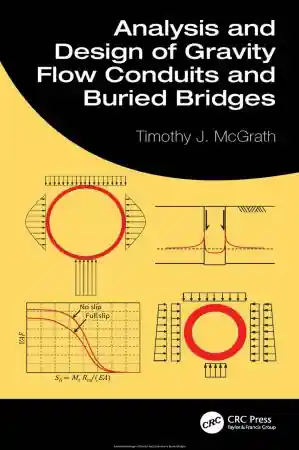
Design Process: A Hands-on Approach
- Length: 378 pages
- Edition: 1
- Language: English
- Publisher: CRC Press
- Publication Date: 2024-09-30
- ISBN-10: 1032560541
- ISBN-13: 9781032560540
This book introduces the systematic design process for product and engineering design projects by adopting a design model and the use of several design methods. Starting with a product idea normally outlined by the senior management as a design brief, it guides to plan the design process, define the problem, generate and choose a near-optimal or optimal solution, and complete the embodiment, all under a systematic design process model. The main strength of this book is its provision of several worked examples in the use of several design methods at all stages of the design process.
This book explains how to:
- Start with the design brief and define the problem by eliciting and refining stakeholder requirements.
- Establish the functional representation of the product as a function tree or function structure.
- Create conceptual solutions using 12 different conceptual design methods.
- Evaluate and prove that the proposed conceptual solutions are of high grade before choosing one for further development, using the decision matrix method and Pugh’s controlled convergence method.
- Use the embodiment design method by Pahl and Beitz to develop the embodiment design for the chosen concept.
It is primarily written for senior undergraduate and graduate students in the fields of industrial engineering, production engineering, manufacturing engineering, mechanical engineering, and aerospace engineering.
The e-book+ version of the book, Design Process: A Hands-on Approach, complements the other versions of the book. This ebook+ version provides extensive and elaborative details about the topic to improve the overall experience of the readers. The videos that are recorded and embedded in the appropriate sections of the book outline and explicate the key features of this book, which include an overview of this book and covering critical and advanced topics at the beginning of Chapter 1 to enrich the user experience.







